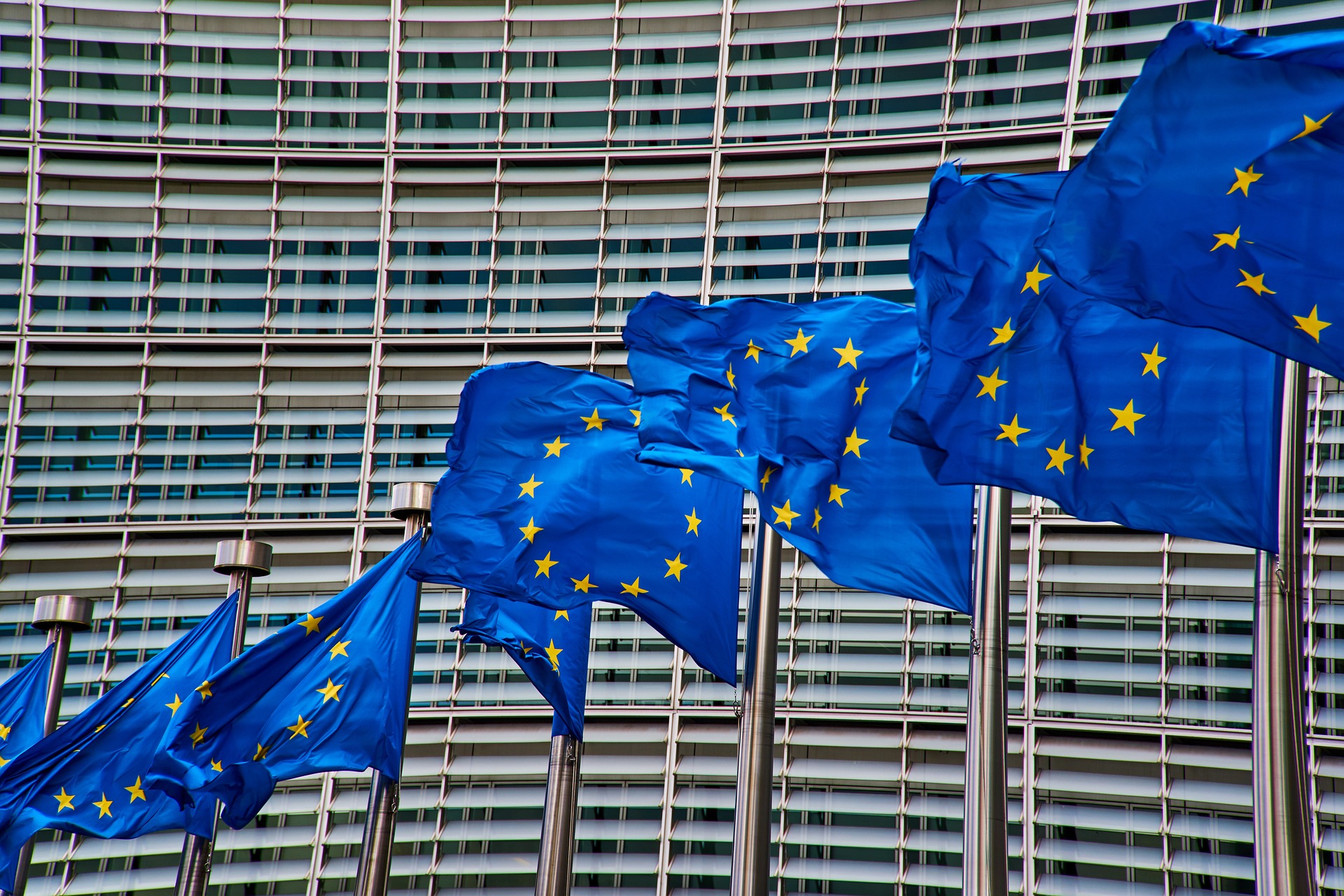
According to the European Commission, Hungary has failed to correctly implement all the requirements.Continue reading

The decision about Hungary’s withheld EU funds was postponed at the Council of the EU. Finance Minister Mihály Varga says it is unacceptable to link the EU funds to other issues, such as the Ukraine aid or the minimum tax rate.
EU finance ministers postponed a decision about the Hungarian recovery plan and associated 5.8 billion euros in grants, and the decision to freeze 7.5 billion euros of EU funds for Hungary over corruption issues, Politico reported on Tuesday.
Media reports claimed that the decision came after Hungary’s finance minister, Mihály Varga, vetoed the EU’s joint borrowing which was meant to finance 18 billion euros in aid to Ukraine, but according to the Hungarian ministry’s statement, there was no vote on the issue so Hungary did not veto anything. However, the Hungarian government had already made its opposition to the joing borrowing clear. Other issues on the agenda, such as the minimum corporate tax rate (which Hungary also opposes) were also postponed.
According to Politico, EU governments have until December 19 to take a position on freezing EU funds due to Hungary. If the recovery plan is not adopted by the end of the year, Hungary risks losing 70 percent of the 5.8 billion euros grants.
Certain European Union countries’ attempts to link the approval of Hungary’s recovery fund to “completely unrelated” issues such as the global minimum corporate tax or the joint borrowing, is “not fair” and “would create a dangerous precedent,” Varga said in Brussels on Tuesday, according to MTI.
He told journalists that the European Commission’s recent positive assessment of Hungary’s recovery plan “after a year and a half was a “significant step forward.”
All Member States support the plan’s content, hence it could be officially approved before the end of the year,
he pointed out. At the same time, Varga regrets that the Commission has maintained its proposal to suspend disbursement of funds for three operative programs, despite the government’s fulfillment of 17 requirements until the November deadline. He stressed that since this is the first time the rule-of-law conditionality is being used, several Member States have said that the EC “should remain fair, objective, and proportionate and base its standpoint on facts.”
Hungary is indeed not alone in its fight for EU funds owed to it. According to Politico, France and Germany, along with Italy, are leading a group of about twelve governments that are calling on the Commission to review its decision to freeze 7.5 billion euros in funds for Hungary, arguing that the nation has made more progress on anti-corruption measures than Brussels recognizes.
“Progress has been made by the Hungarian authorities, it should be noted,” a French treasury official told the Brussels-based newspaper. “A certain number of reforms have been undertaken and there are still additional elements that are expected,” he added.
Vincenzo Sofo, an MEP of Italy’s governing Brothers of Italy (FdI) party, told France 24 that the rule of law should not be used as a political tool and the assessment of Hungary’s reforms should be fair.
German Chancellor Olaf Scholz also addressed the issue of Hungary’s funds at his press conference after the EU – Western Balkans summit in Tirana on Tuesday. According to the chancellor,
the EU most have a strong basis for its decisions by assessing the situation in its entirety.
The demands that have been formulated by the European Commission, but also by the members of the EU, are being processed in Hungary, and the process of dealing with the proposals and wishes is ongoing. In this respect, we cannot overlook the fact that there are still further decisions to be made now, he pointed out, adding that ultimately it is up to the Commission to make its evaluation.
Featured photo via Miniszterelnöki Sajtóiroda/Fischer Zoltán